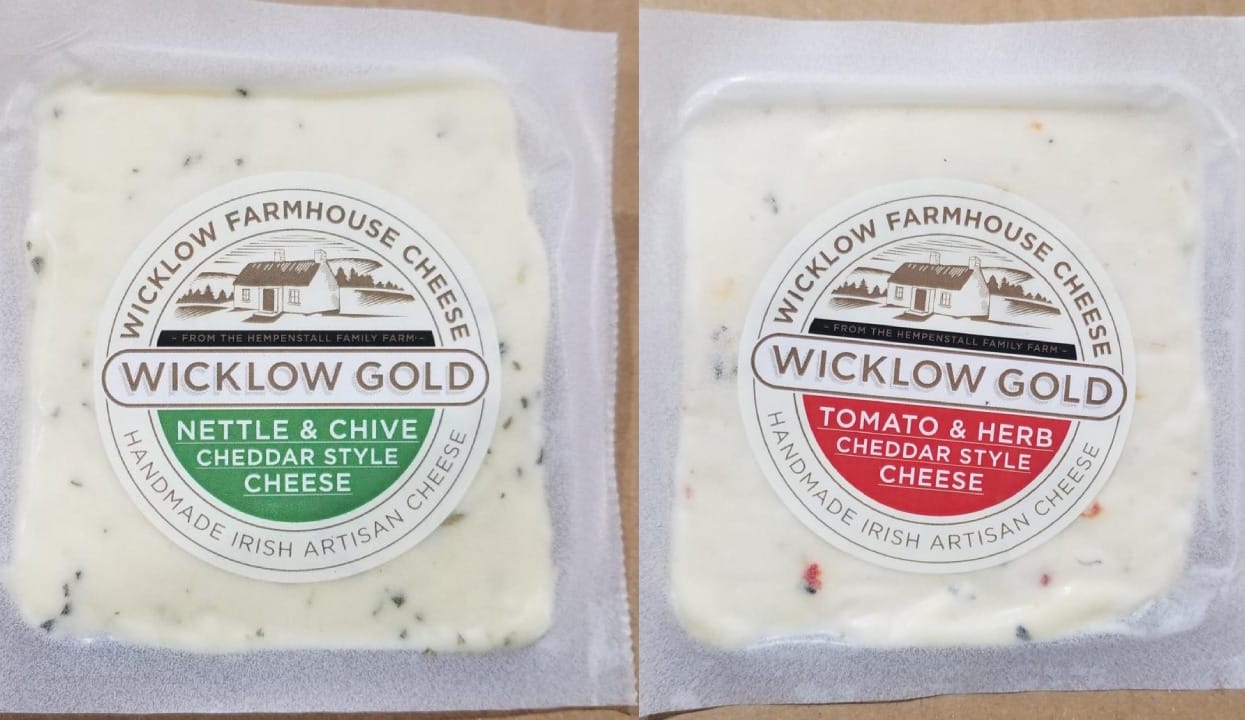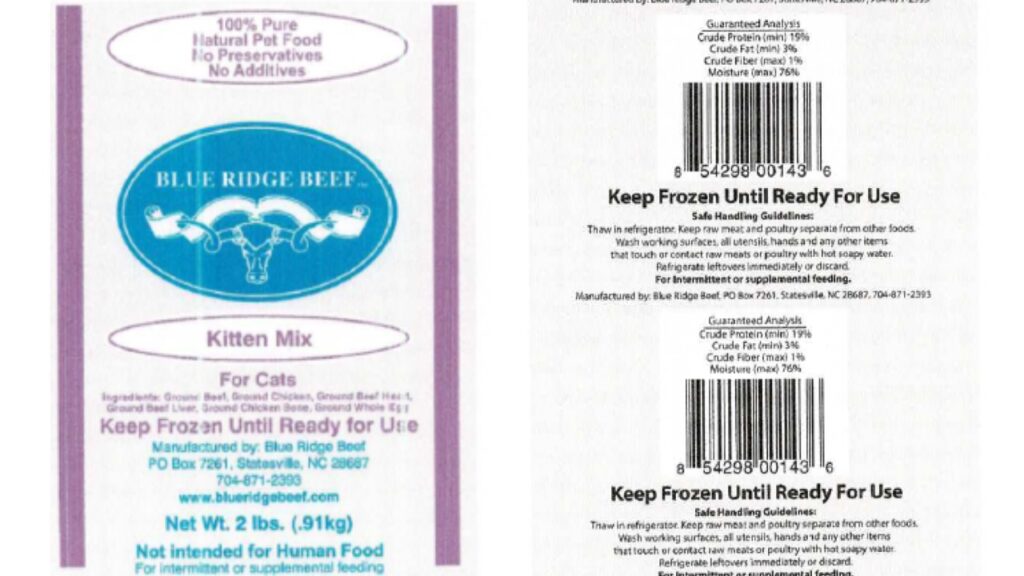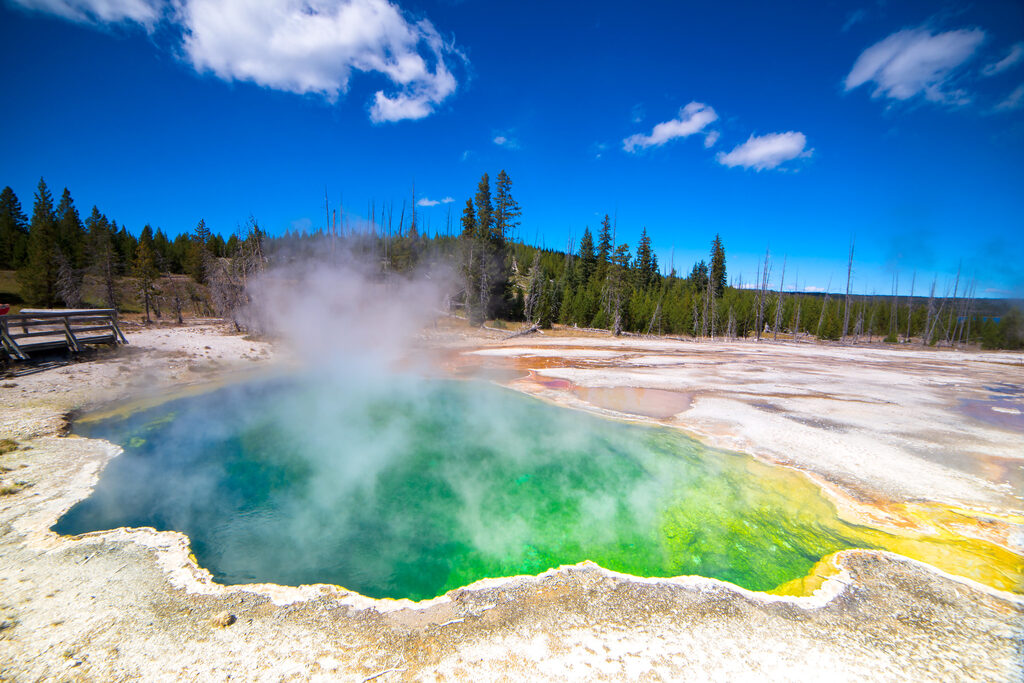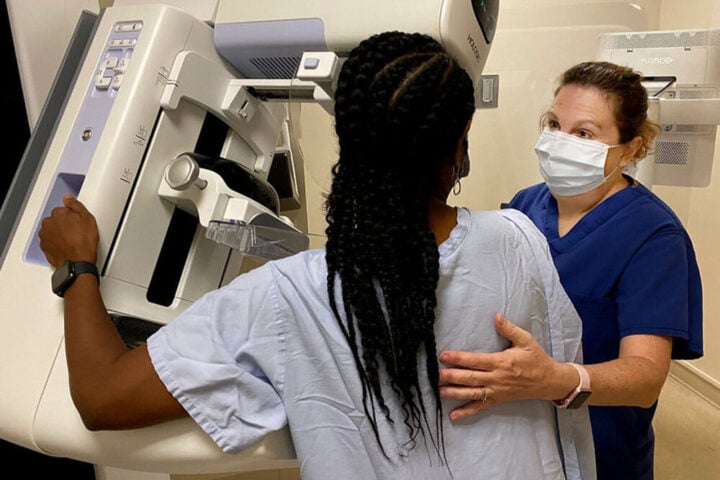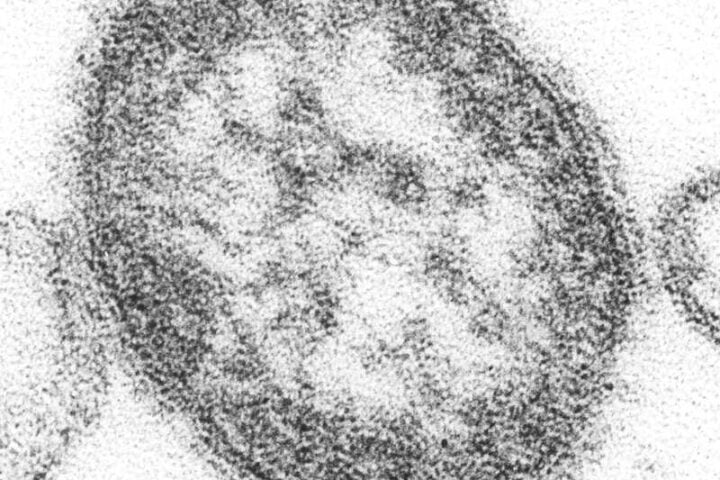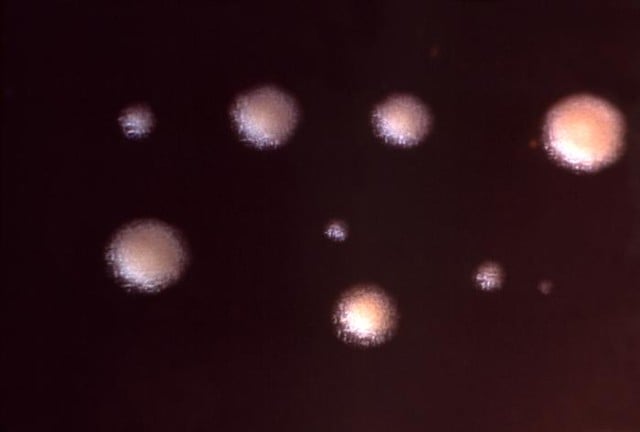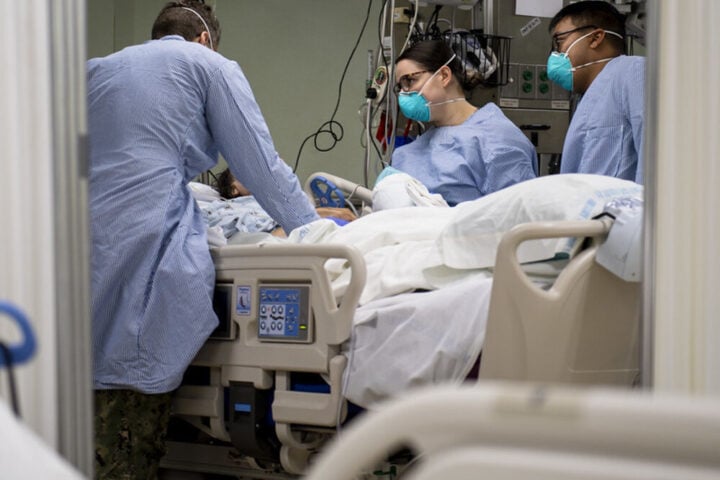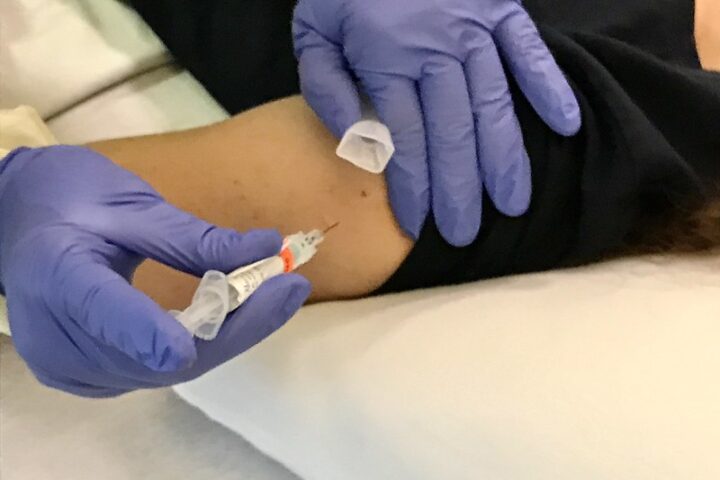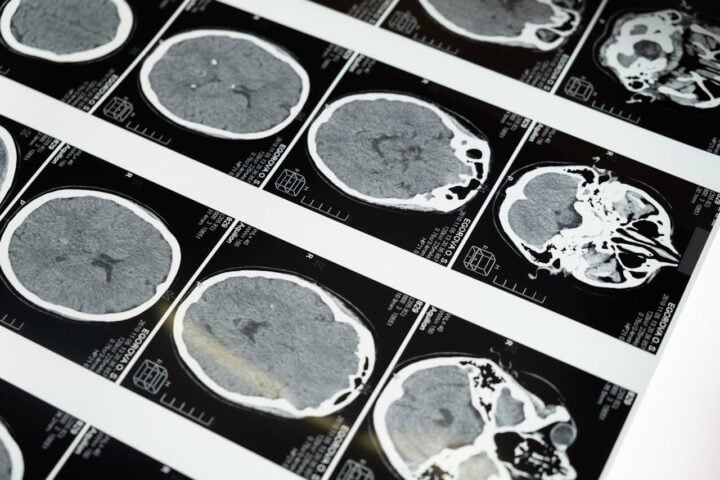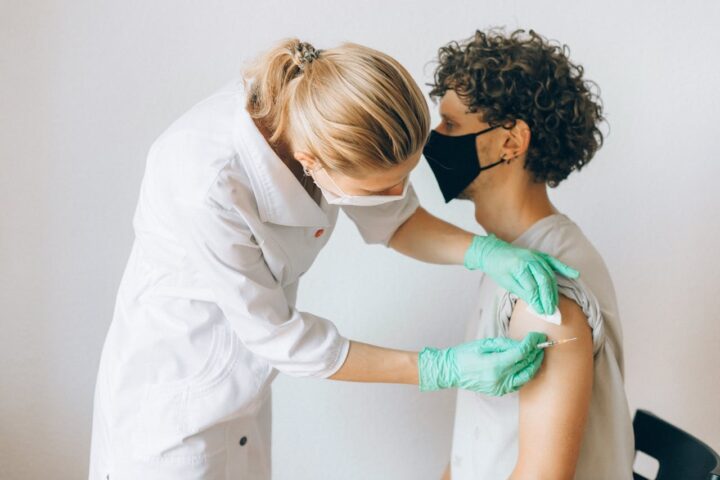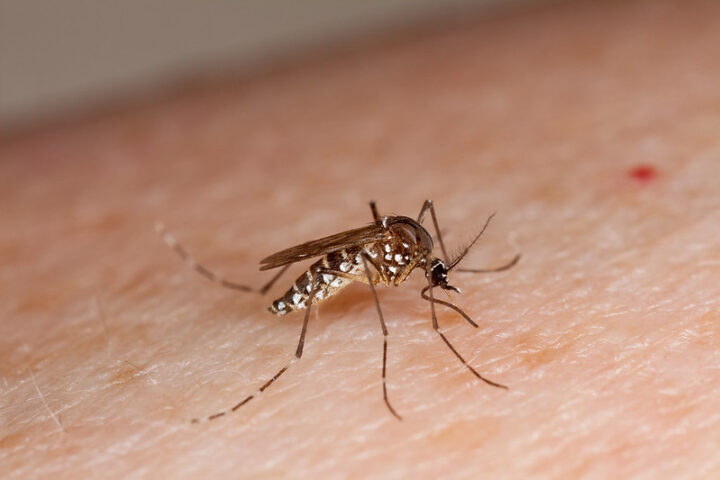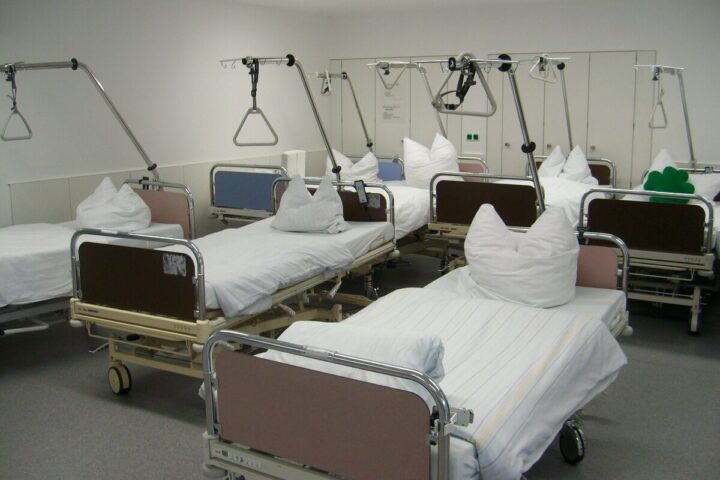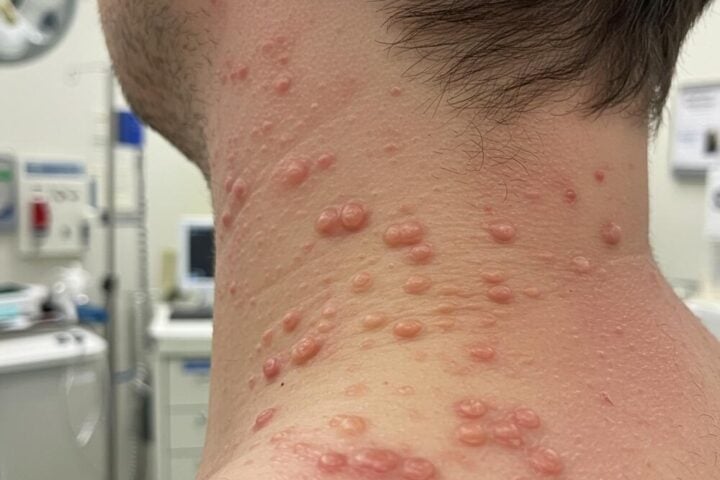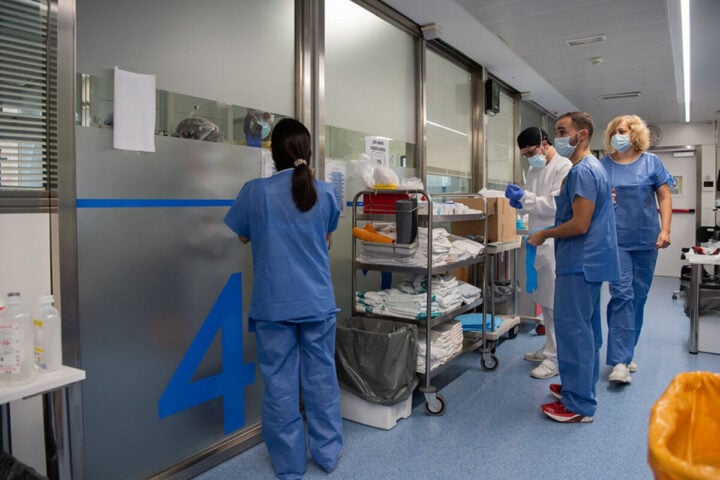Two types of cheese sold in five U.S. states are being pulled from stores due to possible contamination that could make people sick. Here’s what you need to know to keep your family safe.
Abbey Specialty Foods has recalled their Wicklow Gold Cheddar cheese after finding it might contain Listeria – harmful bacteria that can cause serious illness. The recall includes two flavors: Nettle & Chive and Tomato & Herb, both in 5.2-ounce packages.
What You Should Do Right Now:
Check your refrigerator for these specific products:
- Wicklow Gold Cheddar Nettle & Chive (UPC: 797776045730)
- Wicklow Gold Cheddar Tomato & Herb (UPC: 797776045778)
If you find these products, don’t eat them. You can:
- Return them to the store for a full refund
- Throw them away safely
The affected cheese was sold in:
- Massachusetts
- Maine
- New Hampshire
- Ohio
- Colorado
Why This Matters:
Listeria can be especially dangerous for:
- Pregnant women (can harm unborn babies)
- Older adults
- Young children
- People with weak immune systems
Important Health Information:
- Symptoms can take up to 70 days to appear
- If you’ve eaten this cheese and feel sick, see your doctor
- Tell your doctor you might have been exposed to Listeria
- Special tests are needed to detect this infection
The company hasn’t received any reports of illness so far. They found the problem when their supplier, Wicklow Farmhouse Cheese LTD, warned them about possible contamination.
What Makes This Recall Urgent:
These products have a long shelf life – lasting until June 2, 2025. This means many people might still have them in their fridges without knowing about the risk. The long shelf life means many people might still have them in their fridges without knowing about the risk.
Need More Information?
Contact Abbey Specialty Foods:
- Phone: 862-210-8150 (9 AM – 5 PM Eastern Time)
- Email: [email protected]
The U.S. Food and Drug Administration is working with Abbey Specialty Foods to make sure all affected products are removed from store shelves. This recall is being conducted in coordination with the FDA.
Remember: When in doubt, throw it out. It’s better to be safe than risk getting sick from contaminated food.
